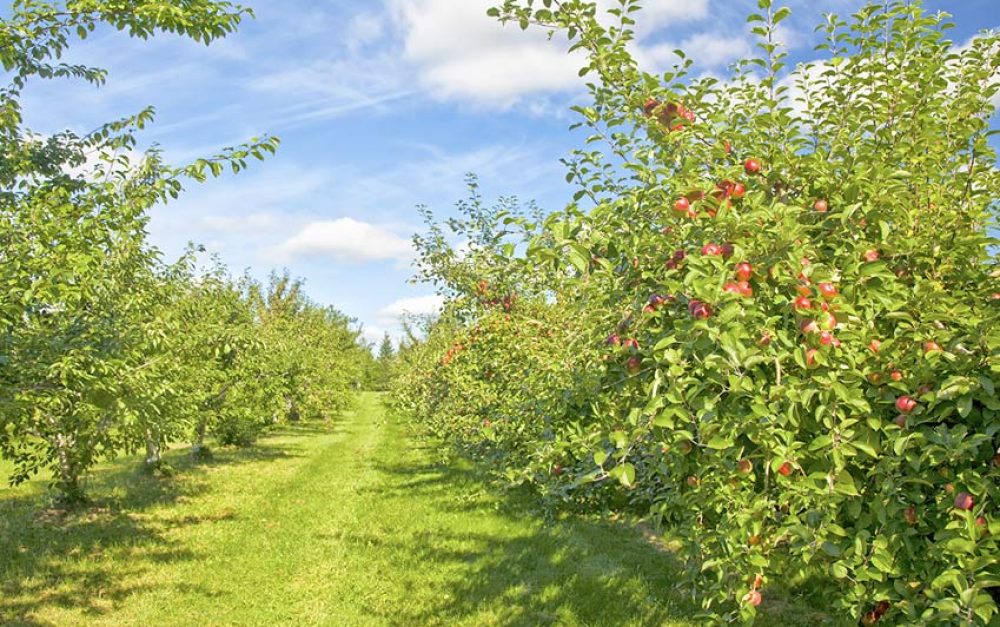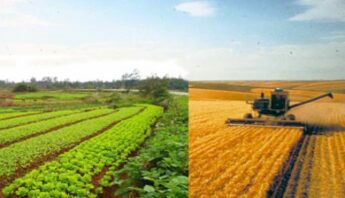A batch of encouraging news emerged in the world of healthy farming this week. First off, the Organic Trade Association (OTA) reported that U.S. sales of organics continue to grow by leaps and bounds. Then there’s the new study showing that organics bring significant economic benefits to rural communities. And in France, the Minister of Agriculture launched a national celebration of agroecological farming. Well then!
The news on organic sales was released during #OrganicWeekDC, the annual OTA conference (and lobby effort) in the nation’s capitol. The report shows that organic food is still the fastest-growing sector in the food industry, with double digit increases for the fourth year in a row. Overall, organics grew by 10.6 percent in 2015 — compared to three percent growth for conventional foods.
Of course, we still have a long way to go to build a truly sustainable food system. Even with this rapid growth, organics make up only five percent of all food sales in the country. But that’s up from less than two percent not long ago, and for fruits and vegetables, the organic market share is now over 13 percent and rising fast. According to OTA’s Executive Director Laura Batcha, produce and dairy are the main drivers of the rapid growth in organics.
Imagine the possibility
Also of interest is a just-released study out of Penn State documenting the economic benefits to rural communities of organic “hot spots” across the country. Turns out that folks who live in counties with organic production and/or processing have higher incomes, and poverty rates are lower. Check out both the study and a cool interactive county-level map here.
The main challenge for the booming organic industry, according to OTA? Keeping up with consumer demand. In the big picture, that’s a pretty good problem to have.
So far, these gains have all happened with jaw-droppingly minimal public research or policy support. Just imagine what might happen if we actually made healthy soil, reduced chemical reliance and on-farm biodiversity national policy priorities. OTA and others are pressing national policymakers to do more, including instituting an organic check-off program and “transitional” certification to benefit farmers as they go through the three-year process of shifting from conventional to organic production.
Given the contribution of organic agriculture toward the long term, large-scale shifts we need in our food and farming system, I find all of this progress and attention incredibly encouraging.
Meanwhile, in France . . .
To be crystal clear, organic agriculture is part of an agroecological approach to farming that — when compared to industrial agriculture — improves on-farm resilience in the face of droughts and floods, protects community health, conserves biological diversity and improves economic stability for farmers.
Sounds pretty good, right? The mulit-tiered value of this healthier approach to farming is now winning recognition around the world, including experts at the UN Food and Agriculture Organization (FAO). And if you happen to be across the pond on June 23, check out France’s national Night of Agroeocology, an “opportunity for citizens to meet farmers in cafes, homes, associations and other public spaces . . . to introduce agroecological practices and debates to the public, under a common banner.”
This sounds like a truly awesome event. Hey, Mr. Vilsack — what do you think?








